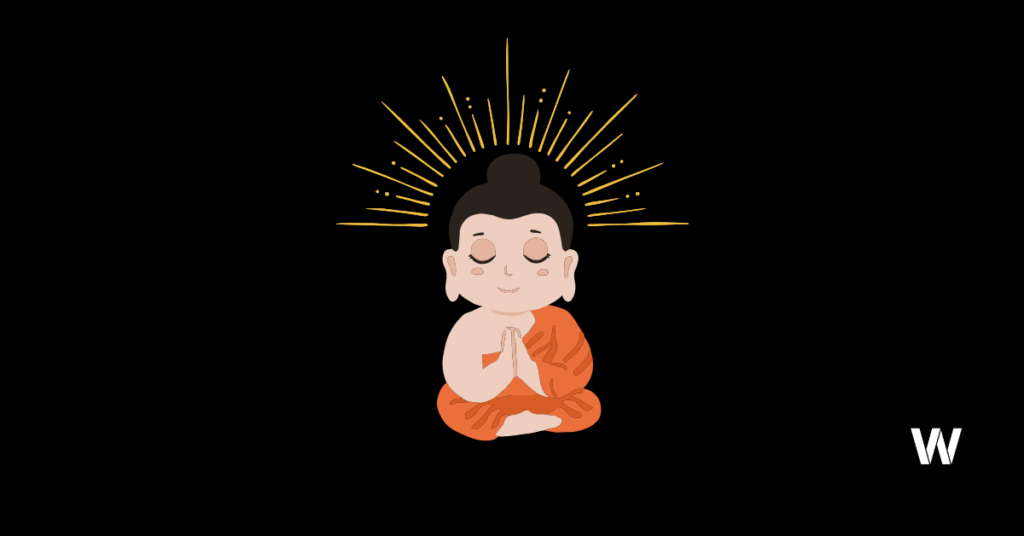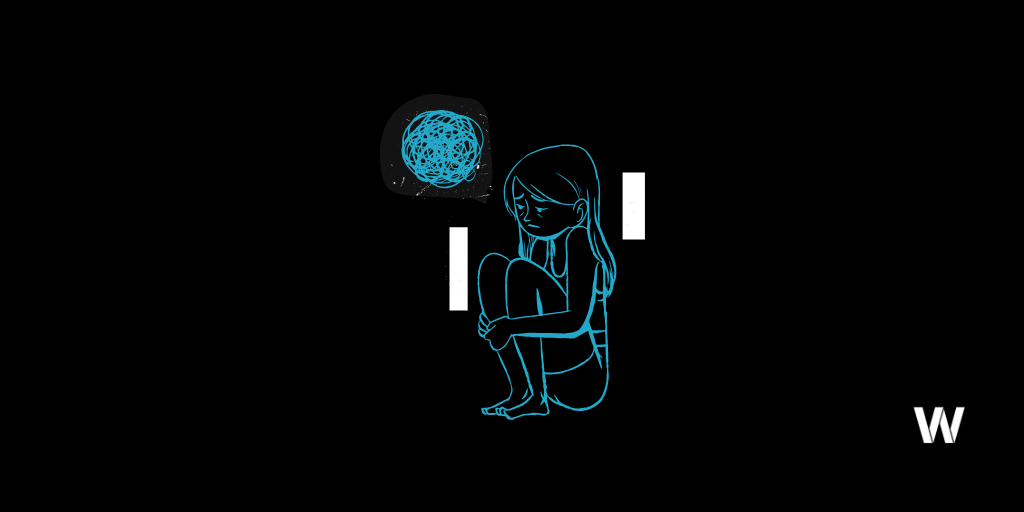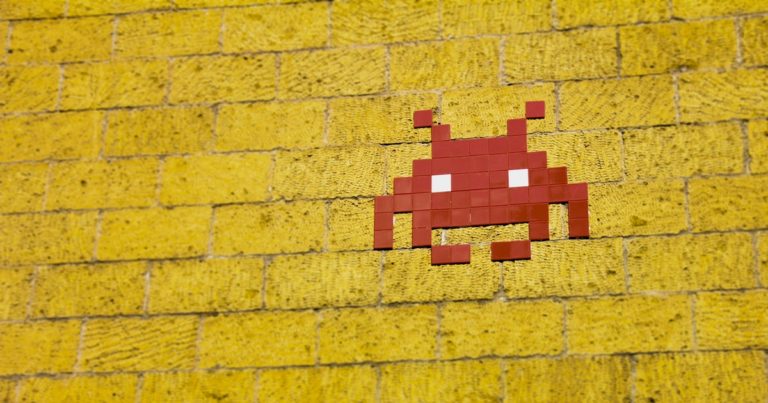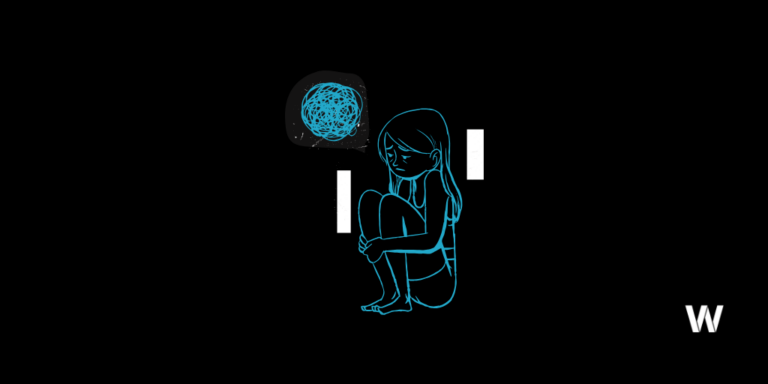Treat Your Mind Like a Temple
By Warren Wong

We live in one of the wealthiest countries in the world, yet we have some of the highest rates of suicide, depression, obesity, and anxiety ridden citizens in the world. How is this possible? It’s mind boggling on the surface, but makes sense if you look beneath.
Growing up in the suburbs of Queens, New York exposed me to a side of life often neglected. Surrounding our little modest home were immigrants from all over Central and South America, and with that came the different melting pot cultures New York City is known for.
What I observed coming and going from school was particularly odd behavior that represented a quintessential cross section of America. People were surviving, not thriving.
Treat Your Mind Like a Temple
Surrounding my home were people that lived for the moment. Short term happiness cashed in for long term sustainable success and contentment. Who knows if we have tomorrow was the mantra. This was often the excuse to drink the night away and live merrily ever after.
If we treat our minds like our bodies most of us have seen better days. Obesity was rampant. Cheap processed foods littered every corner store, with healthy options that were too expensive for everyday joes. Food divided the rich and poor, a sinister and unsuspecting class divide.
How we treat our mind is often placed on the back burner. It’s not exactly a place where we can take a physical inventory. So, how do we evaluate how it’s doing? How clean and clutter free it is? How much junk is in there?
I subscribe to the mantra of treating your mind like a temple. Clean it, keep it clean, keep what you need, nothing more.
So, just how do we begin with treating our minds like a temple? I believe we can take refuge in cleaning up our physical space first. When I look at the places I spend the most time at, my home, I see it as a safe space. A space where you’re free and safe from the chaos of the streets and the world. My physical space is a representation of my mind.
The more chaos you have in your home, the more mental burden there tends to be. How can we find peace at home, when there’s endless to-dos lying around our home from stacks of unwashed dishes to strewn gadgets and gizmos on the floor, waiting to be picked up?
You are Not Your Thoughts
While roaming the streets of New York City as a teenager, I saw many interesting sights, from the mundane, to the wild. I remember watching a homeless man screaming through a Dunkin Donuts store window at customers while he was *ahem* exposing himself and causing a stir in the busy Monday morning foot traffic of commuters.
Often cast aside as just another New York City sight is a deeper problem afflicting our society. I’d like to think that this man faced unfortunate circumstances and has found himself in the crutches of a tortured mind. His thoughts overwhelmed him, and is now suffering from a mental health crisis, which could very well happen to any of us put in his position.
Somewhere between our friend at the Dunkin Donuts and where we are today was a series of unfortunate events. I believe they started in the mind, and unraveled from there.
You are not your thoughts. An often misconstrued sentiment that seems to make sense on the surface, but actually very difficult to embody.
From traveling monks to the self purported motivational speakers have spoken on this matter. You are NOT your thoughts. What do they mean?
Well, simply put, your thoughts are just thoughts, and you don’t have to accept them if they don’t serve you whether they are true or not.
Verbally naming an emotion takes the power away from it. If you notice that your mind is uncontrollably racing from one negative emotion to the next, then this strategy will help. Let’s try.
When you see something upsetting, bring awareness to the emotion. Acknowledge that you’re feeling an emotion called “frustration” or “anger. Take a deep breath and say this aloud to yourself, “Hello, anger. My old friend. There you are again.” Feel the emotion and see how it makes you feel. Then move on.
Talk about it like an extra appendage of your body. “Wow, that anger made me feel very mad today.”
Naming those emotions forces you to come to grips with the exact emotion you are feeling, and gives you clarity of your mind space. Remember, you are not your thoughts.
The Hidden Costs
Growing up, there was poverty all around us. And it was accompanied by a poverty mindset. This mindset manifested in strange ways like hoarding, extreme frugality, and self limiting beliefs.
If we believe our physical space as a representation of our mind, you would be shocked at some of the homes I have walked into. Lining the walls were old newspapers dating back years, unread books covered with dust, and less than clean refrigerators crammed with expired foods, for that “just in case” rainy day.
There are hidden costs associated with this mindset, but there is a bigger point to be made. What may seem extreme to some, is “normal” to others. That illustrates that we, you and me, are the only person that resides in our minds. No one else.
We do not know what other people are thinking nor how they view us. Yet, our restless mind never ceases to try.
These hidden costs are not often discussed with not only the physical things we hoard, but the mental clutter we cling onto.
A house is not just a house, but a series of items to maintain, from the lawn to the roof. Let us not forget the insurance, the mortgage, and the fence and security measures we need to purchase to protect it. The average American has 300,000 items in their homes. Each with a little voice screaming for attention. “Clean me, use me, pick me up, hug me.”
And so the physical creeps into our mental space. The worry of maintaining our home, the dread of an upcoming mortgage payment, the pile of toys waiting to be cleaned and organized, and the bits and bobs filling our cupboards with no end in sight.

Most days it’s not the physical things that weigh us down, but the scars of the past. Past grievances and traumas that replay over and over in our heads. The one space that we can’t escape. This manifests in sleepless nights, irritable mood, and a constant barrage of self-limiting beliefs that keeps up trapped in a vicious cycle of self-doubt, and pain.
And so, I believe in keeping the mind clutter free. Treat your mind like a temple. What you would not do at a temple, you should not do with your mind. Let’s see how.
Physical and Digital Declutter
It starts with things. Things in our house, on our computers, and phones. We must believe there is a way out of this mess we find ourselves in.
If you find yourself with many things in your house, we must visit our mindset first. How do we feel about these things in our house? Do I feel anxious when I walk in the house? What purpose do they serve? Am I keeping things for the sake of “some day” or do they serve me here and now? Why am I cleaning my physical space? Perhaps you want to alleviate the heavy mental burden of your things, or you want to walk into a calm and safe space after a long day out in the noisy and chaotic world.
Start here, and set small goals to organize and maintain systems that keep your house and digital devices clutter free.
The Brain Diet
What are you feeding your mind? Keep inventory of what you allow into your mind, like what foods you eat. Your brain diet has as much of an effect on your body and mental space.
![]()
A diet of junk foods like junk TV, social media, and sensationalist news is just as bad, if not worse than a constant diet of McDonald’s.
A diet of negative people in your life will narrow your focus to the negative aspects of life. Be careful of the people you surround yourself with.
Track what you put into your mind as you do with your food. Awareness brings action. If your diet is a consistent stream of toxic news, mindless doom scrolling on Reddit, and social media ads that leave you exasperated, then it’s time for a detox.
Treat your mind like a temple. Many of these bad habits we have maintained for years and decades so don’t be surprised if it takes time to wean off.
A good brain diet transcends just getting rid of junk news and the telly, but combines a more spiritual side of things to the mix. Let me explain.
Purpose Driven
When we lack purpose we often find ourselves waking up dreading the day. We’re working on things we find pointless and we fill up our time with mindless drivel. When we’re purpose driven we wake up feeling refreshed and excited to take on the day.
I speak of purpose because I’m reminded of the hard working folks in my childhood neighborhood growing up. They worked difficult jobs to make ends meet and put food on the table, but you could see it took a piece of them.
Somewhere between the dream job at six was replaced with the impending weight of reality. The real world. How we got here is a mystery for most of us.
However, I do believe trying can bring purpose no matter how big or small. Just as an immigrant father working long hours in construction finds a sliver of time to write or a young school teacher coming home late at night after studying for her advanced degree, there is solace in the attempt. Whether we find success in our endeavors matters less, for we gave it a valiant attempt.
So I challenge you. When your mind starts creating excuses as to why this won’t work or reasoning with itself saying, “this won’t change a thing,” take a step back and focus on the small piece you can control. The few books I can put back on the bookshelf. The toxic app I can delete on my phone. There are small wins everywhere. We just have to look.





